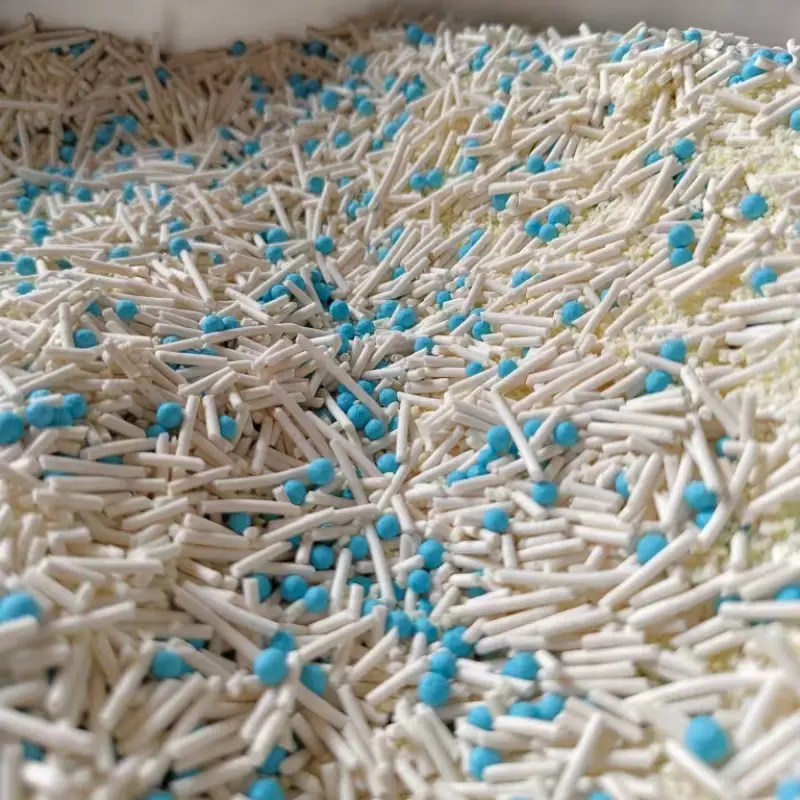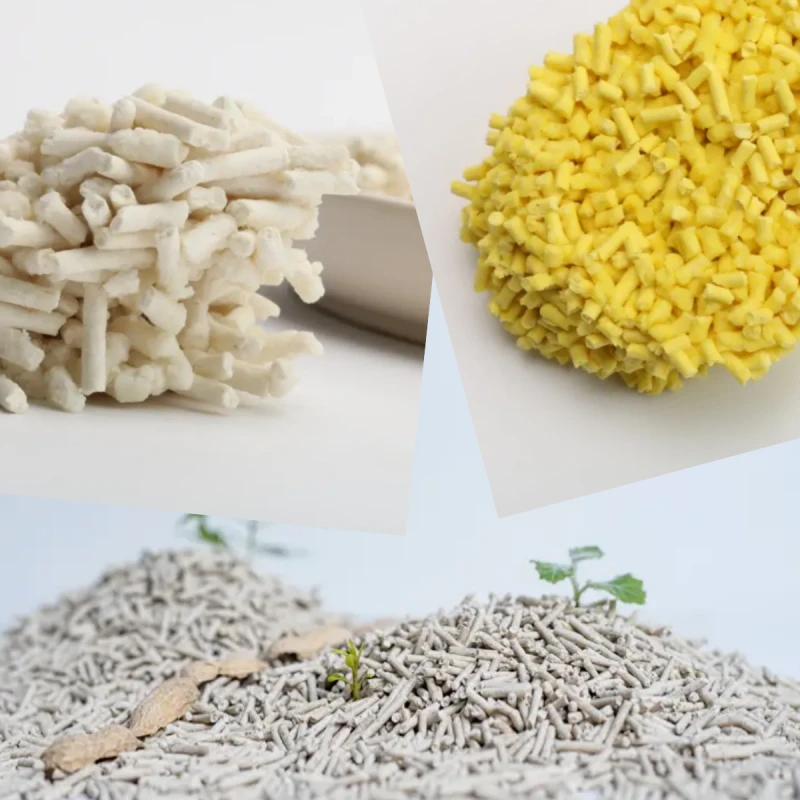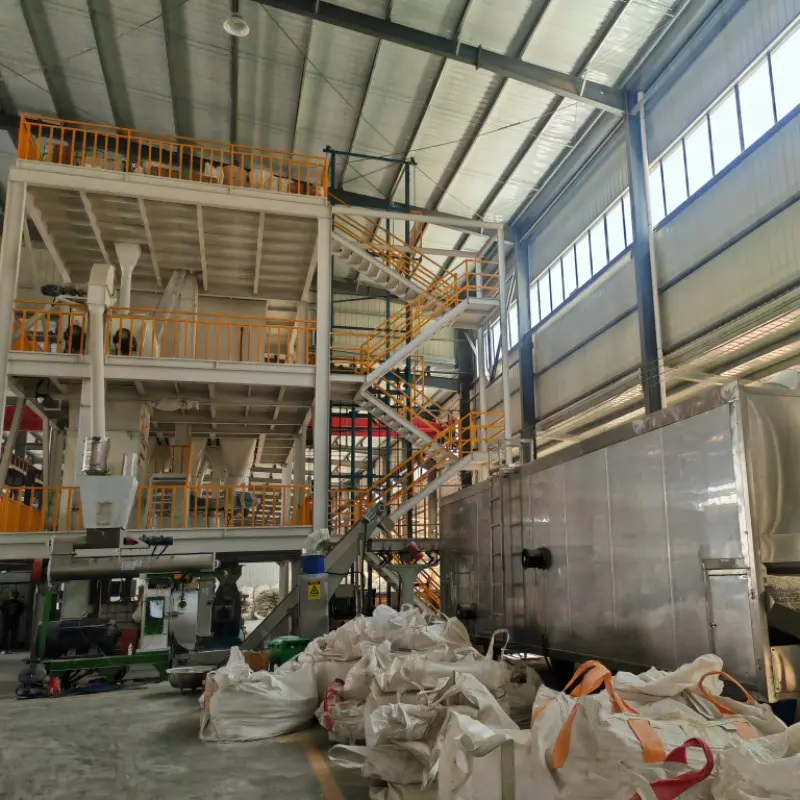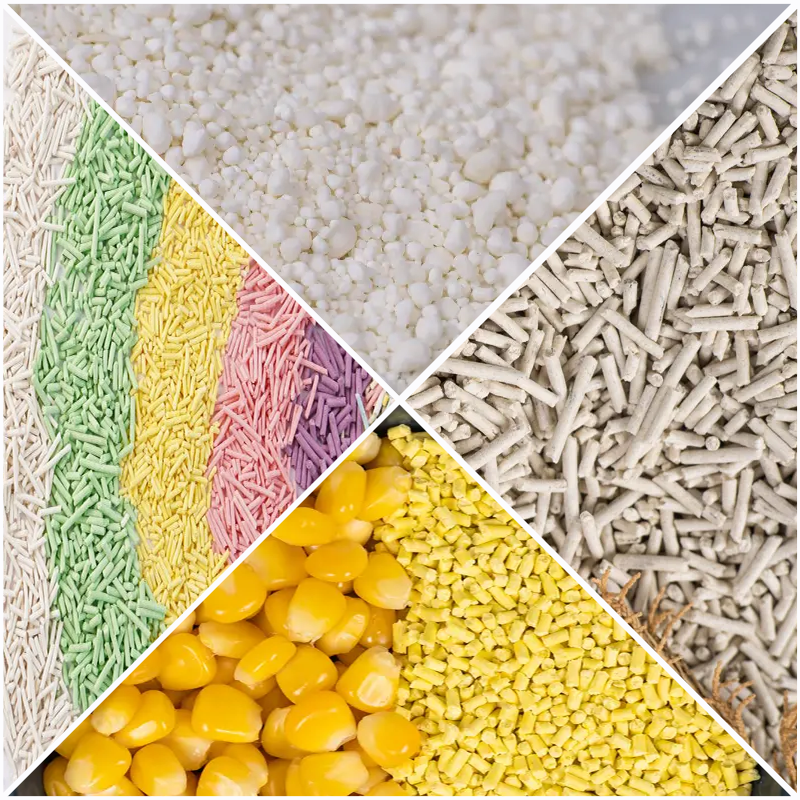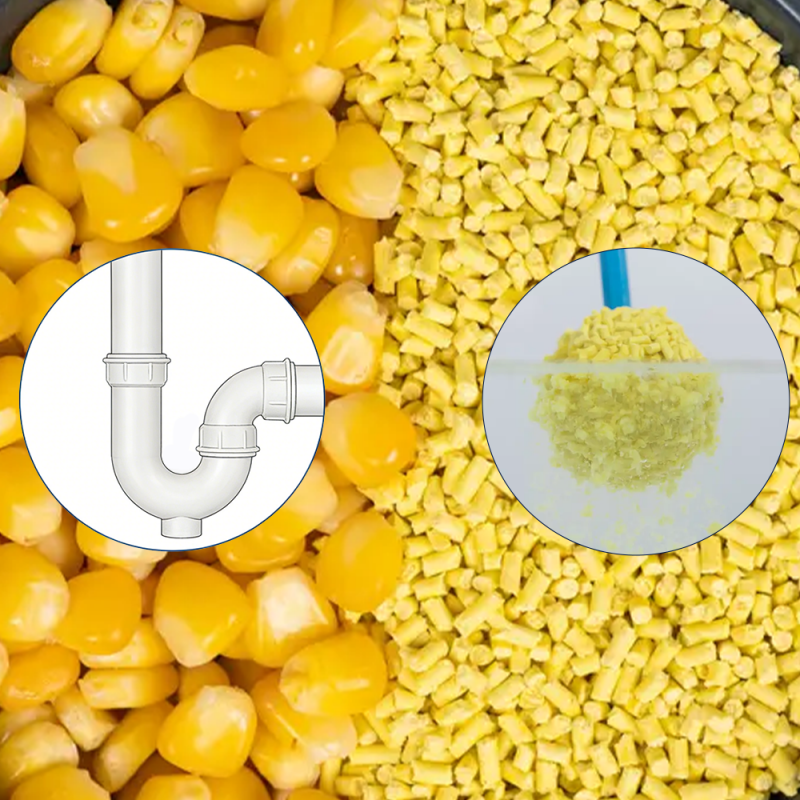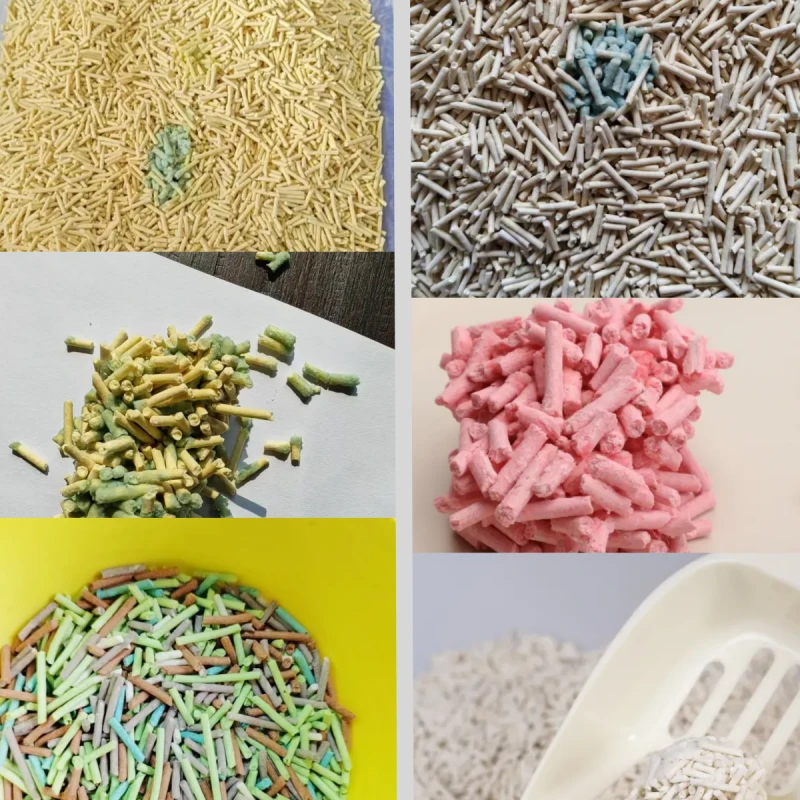When it comes to your feline companion’s comfort, hygiene, and your own peace of mind, the type of cat litter you choose matters more than you might think. While clay cat litter has long dominated the shelves, newer, more sustainable alternatives like peanut shell cat litter are gaining traction. But is one really better than the other?
In this in-depth comparison, we’ll unpack the differences between peanut shell and clay cat litter, tapping into scientific data, industry insights, and real-world performance. Spoiler alert: this isn’t just about litter. It’s about health, sustainability, and choosing smarter.
Understanding the Basics
Let’s start with what each type is made of:
Clay Cat Litter: Typically made from bentonite clay, known for its excellent clumping properties and absorbency.
Peanut Shell Cat Litter: A relatively new player in the eco-litter scene, made from recycled agricultural waste—specifically, peanut shells—processed into granular form.
At first glance, clay may seem like the stronger contender due to its widespread availability and proven performance. But don’t count peanut shell litter out just yet—it may surprise you.
Head-to-Head Comparison
Here’s how peanut shell and clay cat litter stack up based on several core metrics:
Table 1: Feature Comparison
| Feature | Peanut Shell Cat Litter | Clay Cat Litter |
|---|---|---|
| Odor Control | Moderate to High | High |
| Clumping Ability | Good | Excellent |
| Biodegradability | 100% Biodegradable | Non-Biodegradable |
| Dust Level | Low | High |
| Tracking | Minimal | High |
| Absorbency (ml/g) | 2.8 | 1.6 |
| Average Price (USD/kg) | 1.5 | 1.0 |
| Environmental Impact | Eco-friendly, compostable | Mining-intensive, not compostable |
| Flushability | Flushable in small amounts | Not flushable |
| Scent Options | Natural or added scents | Typically fragrance-added |
Odor Control: It’s in the Chemistry
Let’s face it—nobody wants a home that smells like a litter box. Clay litter often wins in this department due to added chemicals or fragrances. Bentonite’s strong clumping capability helps trap ammonia-based odors quickly.
However, peanut shell cat litter has its own merits. Its natural porous structure offers decent odor absorption, and many formulations (like those by Shandong Gelin Town Pet Products Co., Ltd.) incorporate activated carbon or natural deodorizing agents to match or even surpass clay in performance—without artificial perfumes.
Did You Know? Cats are highly sensitive to smells. While fragrance-laden clay may appeal to humans, it could stress your cat’s sensitive olfactory system.
Clumping and Cleaning
Clay litter is celebrated for its rock-solid clumps. Easy scooping? Absolutely. But here’s the twist—while peanut shell litter doesn’t clump as hard, it forms firm-enough clumps for daily maintenance without the stickiness sometimes left behind by clay.
Also, plant-based clumps are lighter, easier to lift, and less likely to adhere to the bottom of the tray.
Health Considerations: Dust and Tracking
Clay litter often creates a cloud of dust during pouring or cleaning. This is not just annoying—it’s potentially harmful to cats (especially those with respiratory issues) and humans alike. Silica dust, a byproduct of clay, is even classified as a potential carcinogen.
Peanut shell litter, especially premium grades like those manufactured by Shandong Gelin Town Pet Products, is virtually dust-free. That's a major win if you live in an apartment or have asthma sufferers in your household.
Eco-Friendliness: A Not-So-Silent Concern
Let’s zoom out. Cat litter waste accounts for an estimated 2 million tons of landfill waste in the U.S. alone each year. Clay, being non-renewable and strip-mined, adds to the environmental burden. It’s also not compostable.
Now consider peanut shell litter. It repurposes agricultural waste—a byproduct of peanut farming that would otherwise go unused. That means no new resource extraction. Even better, it’s 100% biodegradable and compostable.
Table 2: Environmental Impact Overview
| Criteria | Peanut Shell Litter | Clay Litter |
|---|---|---|
| Raw Material Source | Agricultural byproduct | Strip-mined bentonite clay |
| Biodegradability | Yes (100%) | No |
| Compostability | Yes | No |
| Carbon Footprint (est.) | Low | High |
| Flushable | Yes (limited quantities) | No |
Pricing: Is Green Worth the Green?
At first glance, peanut shell litter may seem slightly more expensive. But take a closer look. Its superior absorbency (2.8 ml/g vs. clay’s 1.6 ml/g) means you use less over time.
Moreover, by reducing odor, tracking, and dust, it also cuts down on secondary cleaning costs—like replacing mats, scrubbing floors, or managing health issues.
Let’s Talk Texture (Your Cat Definitely Will)
Cats can be picky. Some adore the fine-grain texture of clay. Others shy away from the artificial “gravel feel.” Peanut shell litter tends to be softer, smoother, and more natural in texture.
Feedback from cat owners shows that kittens and senior cats, especially those with paw sensitivity, often prefer plant-based alternatives.
Why Shandong Gelin Town Pet Products Co., Ltd. Believes in Peanut Shell Power
As a company deeply invested in innovation, sustainability, and animal well-being, Shandong Gelin Town Pet Products Co., Ltd. stands at the forefront of plant-based cat litter development.
Our peanut shell cat litter is:
BSCI, ISO9001, SGS, and CTI certified
Manufactured in a state-of-the-art 16,000 m² facility
Supported by a dedicated R&D team and strict quality control
Customizable for private labels (OEM/ODM services available)
Already making waves in markets across Europe, the US, Australia, and Asia
Whether you're a major distributor or a niche e-commerce brand, we provide wholesale cat litter solutions and comprehensive supply chain support, from raw materials to retail packaging.
At the heart of our mission is a simple belief: cats deserve better, and so does the planet.
Contact Gelin Town Pet to purchase peanut shell cat litter!
Final Verdict: Which Litter Wins?
It depends on your priorities.
If you value maximum clumping and lower upfront cost, clay still holds its place.
But if you care about eco-friendliness, less dust, higher absorbency, and a gentler experience for your pet—peanut shell cat litter is the clear winner.
Table 3: Decision Summary
| Factor | Best Option |
|---|---|
| Clumping Power | Clay Cat Litter |
| Odor Management | Tie (depending on formula) |
| Low Dust & Tracking | Peanut Shell Cat Litter |
| Eco-Friendliness | Peanut Shell Cat Litter |
| Cost Efficiency (long-term) | Peanut Shell Cat Litter |
| Flushability | Peanut Shell Cat Litter |
| Biodegradability | Peanut Shell Cat Litter |
Looking Ahead: The Future of Cat Litter Is Plant-Based
With consumer awareness increasing and eco-regulations tightening, clay litter’s days of dominance may be numbered. Plant-based alternatives—especially those utilizing waste materials like peanut shells—are not only the future but also the more humane, more sustainable, and arguably more intelligent choice.
If you’re looking to stock, distribute, or build a brand with next-gen plant-based cat litter, look no further than Shandong Gelin Town Pet Products Co., Ltd. We bring the factory, the formula, and the future—all in one package.
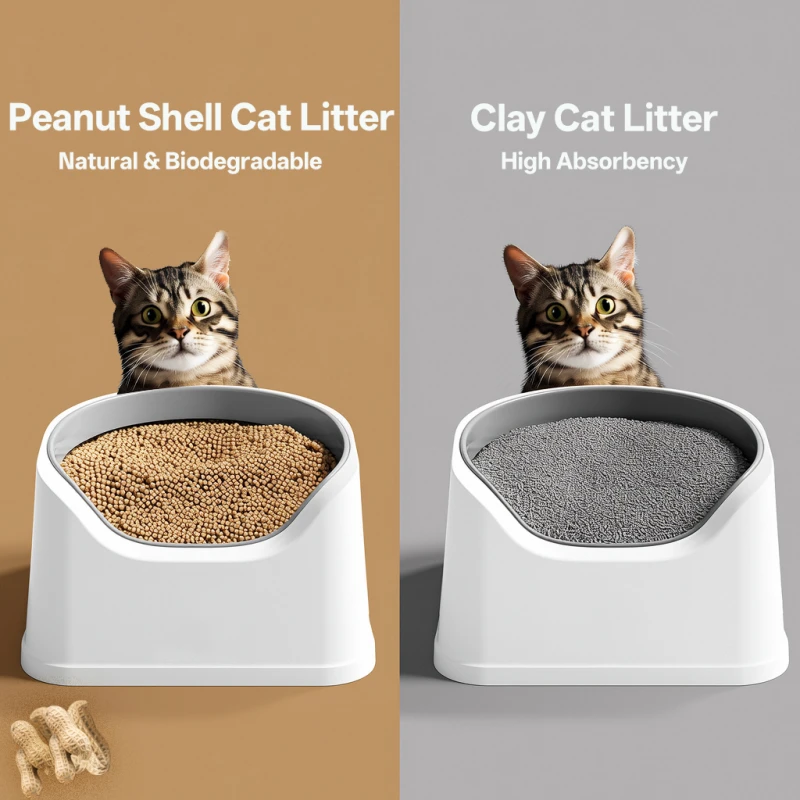
387.webp)
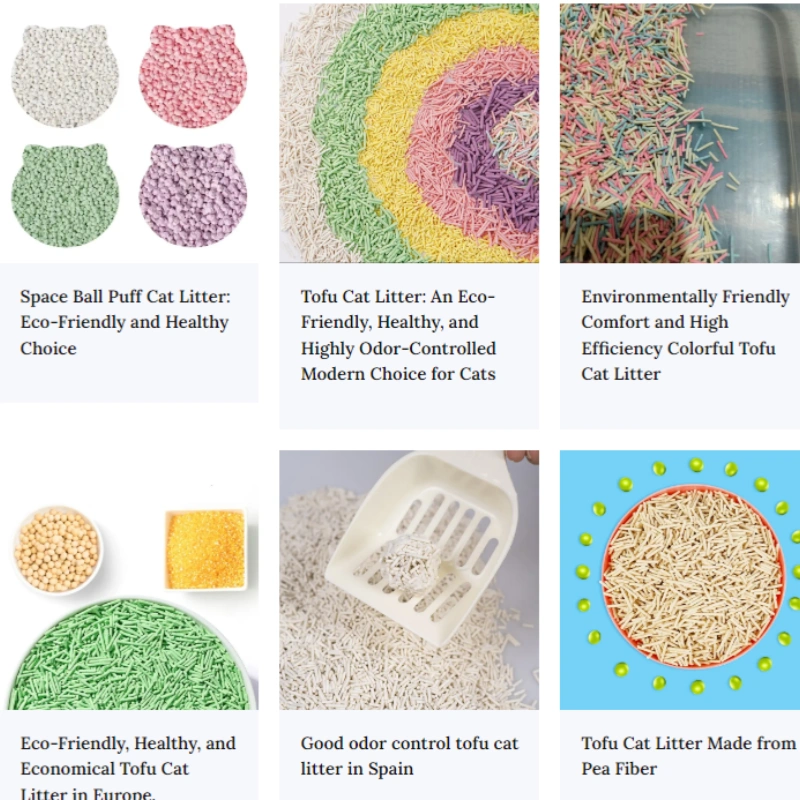
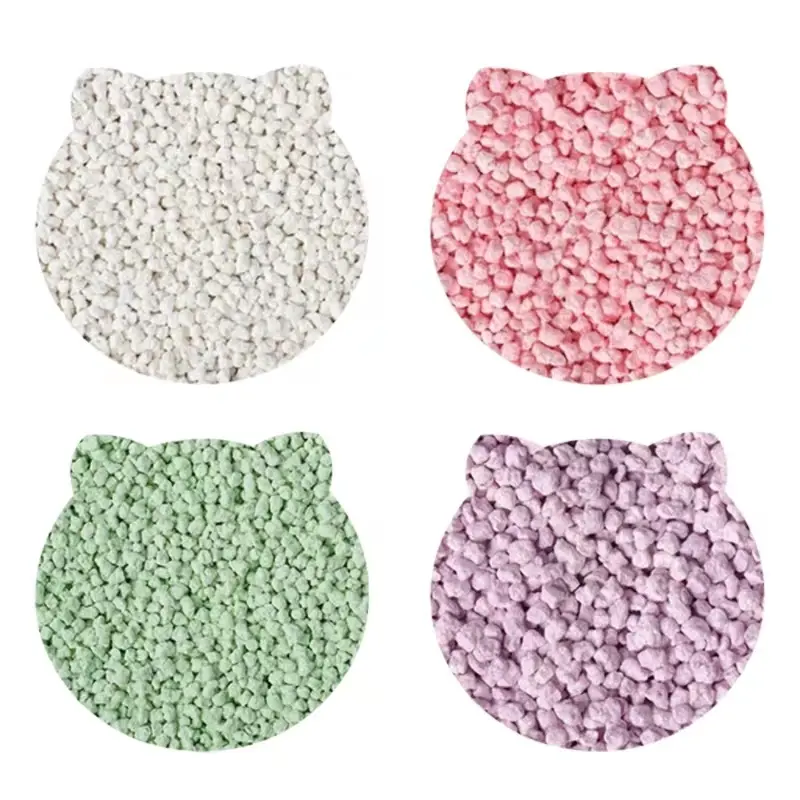
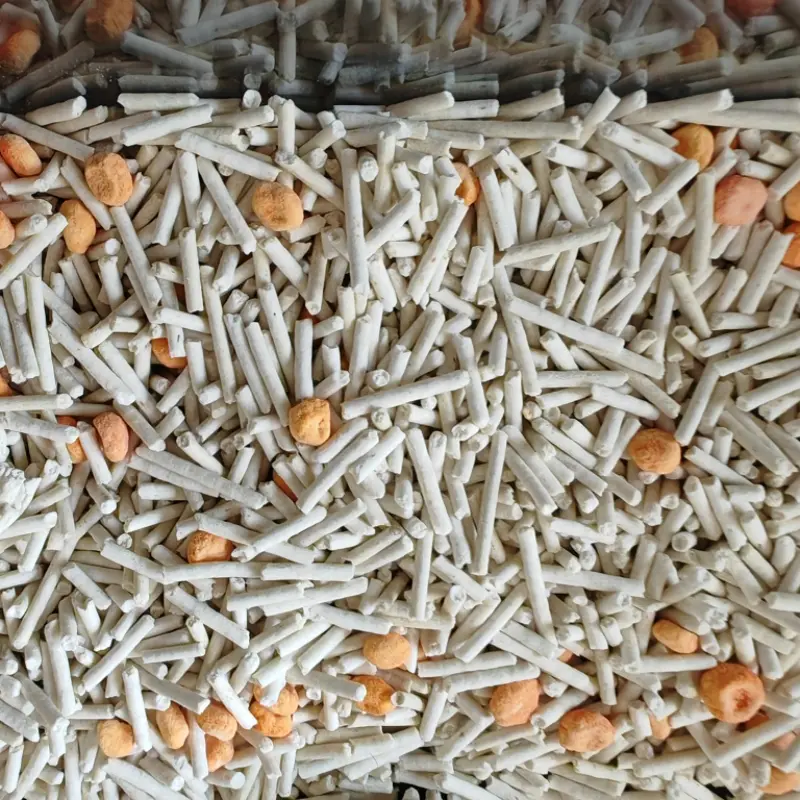
122.webp)
